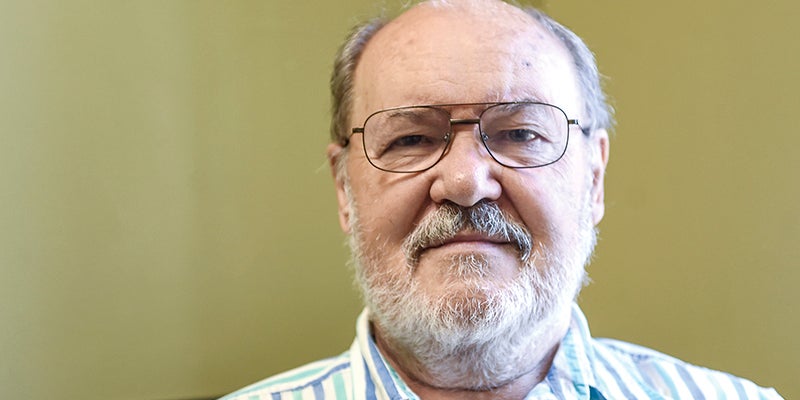Austin lab finds potential cancer breakthrough – Austin Daily Herald
[ad_1]
A local research lab founded by a former Hormel Institute scientist has found a potential breakthrough in the treatment of a disease that is a result of cancer and plays a major role in many deaths.
Dr. Zoltan Kiss, chief science officer and founder of Zoltan Laboratories in Austin, has found a link between placental alkaline phosphatase (PLAP), a protein found in the placenta that appears to prevent the development of cachexia, a disease that is extremely lossy in weight and muscle mass in late-stage cancer patients.
Left untreated, the effects of cachexia can lead to a loss of energy in fighting cancer, driving cachexia into a vicious circle.
“Thirty to 40% actually die from cachexia because they cannot perform treatment,” said Kiss. “People with cachexia cannot take a sufficient amount of medication.”
The problem is with early detection, because when cachexia sets in it can limit cancer treatments and it is currently difficult to tell who is susceptible to the condition.
“Treatment needs to be started very early with cancer treatment,” said Kiss. “This is the only way to treat cachexia.”
Kiss joined the institute from the National Cancer Institute in 1990 and eventually left in 2004. However, he was already working to bring investors together for his studies.
Five years ago, through animal experiments with transplanted human tumors, Kiss discovered two blood components that showed up early in cancer development and coincided with cachexia – at the time of the decrease in muscle proteins, but before an apparent change in body weight.
Kiss also discovered that PLAP, when used early, prevented muscle protein loss and body weight loss.
Kiss has also seen opportunities to reduce bone marrow damage and cut the time required for post-treatment regeneration in half, as well as normalize high triglycerides, which are a risk in cardiovascular disease.
Now Zoltan Laboratories is ready to begin Phase 1 studies that the Food and Drug Administration requires to test for potential toxicity. Kiss said they hope to start in September or October this year and estimates between a year and two.
Zoltan Labs partnered with a Minnesota biotech company that made the protein they’ve been developing for four years.
If phase 1 studies are successful, they can move on to phase 2 studies that involve testing in humans. Kiss hopes the process, which could take another four years, could deal a blow to the cancer.
“It all depends on how good the data is,” said Kiss. “So far it works.”
[ad_2]

